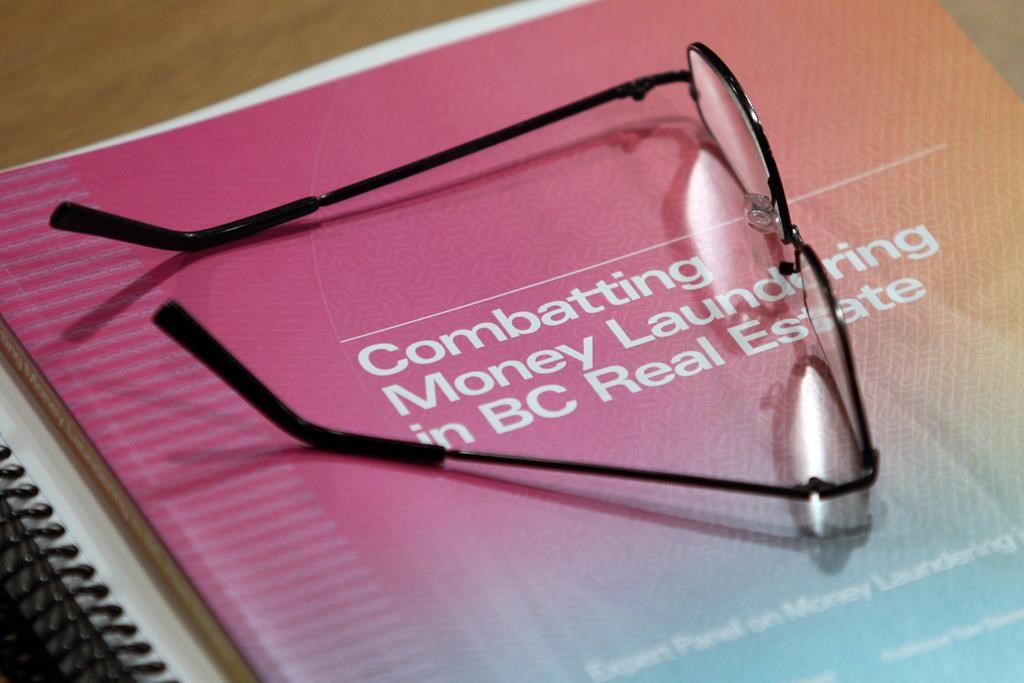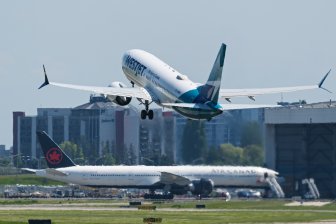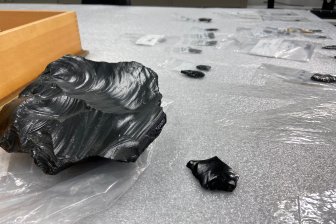B.C.’s forthcoming public inquiry into money laundering is not intended to be any sort of examination or exposé of our immigration system, but it seems inevitable that there will be some overlap.

The inquiry was officially announced on Wednesday and is aimed at getting to the bottom of the scope of the money laundering problem and how it has affected the housing market, the luxury car market and casinos. The problem is clearly an enormous one; a report done for the B.C. government estimates that a whopping $5 billion last year alone was laundered through real estate.
As one might imagine, all of this money laundering is largely linked to some large and powerful organized crime groups — groups with extensive links to mainland China. Australian officials have coined the term “Vancouver model” as a way of referring to the extent to which these Chinese gangs have infiltrated the Canadian economy.
And, as Global News has reported, one individual in particular could loom large over this. Kwok Chung Tam is the alleged kingpin of a Chinese crime cartel who has been on the radar of Canadian law enforcement since the early 1990s. He is alleged to have been involved with — among other things — drugs, loan sharking, and violence (through his lawyers, Tam has denied any activity or involvement with organized crime).
As it pertains to this public inquiry, Tam is alleged to be an important player in the money laundering that is now deeply rooted in the casino industry and real estate sector in B.C.
There will undoubtedly be some shocking revelations to come from this inquiry as to the extent to which these organized crime groups have exploited and manipulated the real estate market in one of Canada’s largest cities.
But there will likely also be some frustrating revelations that emerge about our inability to keep organized crime figures out of Canada or to deport them once we’ve become aware of their activities here.
In Tam’s case, we have been trying to deport him for over 25 years. Not only is he still here, but he’s believed to be residing in a luxury condo in Richmond, B.C. Tam has had at least two deportation orders issued against him — the first dating all the way back to 1993, the other issued five years ago. He also had a refugee application denied and struck out on two separate attempts to obtain permanent residency.
He’s not the only alleged Triad figure that Canada has had difficulty expelling from the country. Since 2011, officials have been fighting to have Macau Triad leader Tong Sang Lai (whom the CBSA alleges Tam once tried to kill) deported.
WATCH: Global News coverage of B.C. money laundering
There was also Lai Changxing, who arrived in Canada in 1999, despite being accused of running a multibillion-dollar smuggling ring in China. It took 12 years before he was finally extradited to China (where he eventually received a life sentence).
It seems far too easy for these notorious figures to come to Canada in the first place and far too difficult to remove them after the fact.
Addressing the money laundering problem may necessitate a closer look at fixing this problem. The previous government took a step in this direction, bringing in the Faster Removal of Foreign Criminals Act in 2013. That law removed the right of non-citizens to appeal a deportation order if they had received a prison sentence of six months or longer.
Clearly, more needs to be done.
For the most part, it’s fair to say that Canada has a fair system when it comes to immigration and those seeking asylum or refugee status. We have due process and we allow for avenues of appeal. There must be limits, though. We shouldn’t and we can’t allow our system to be exploited by criminals.
There’s a case to be made that we should be dealing with the worst of the worst more swiftly, yet it seems that the higher up the organized crime chain we go, the harder is it to deport.
Our system may not be broken, but in this respect, it’s not working as it should. Tackling the problem of money laundering is inevitably going to mean tackling this, too.
Rob Breakenridge is host of “Afternoons with Rob Breakenridge” on Global News Radio 770 Calgary and a commentator for Global News.














Comments